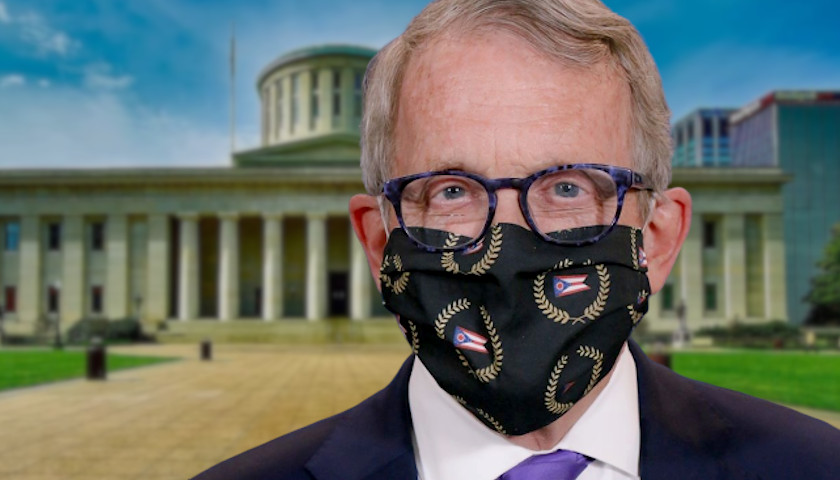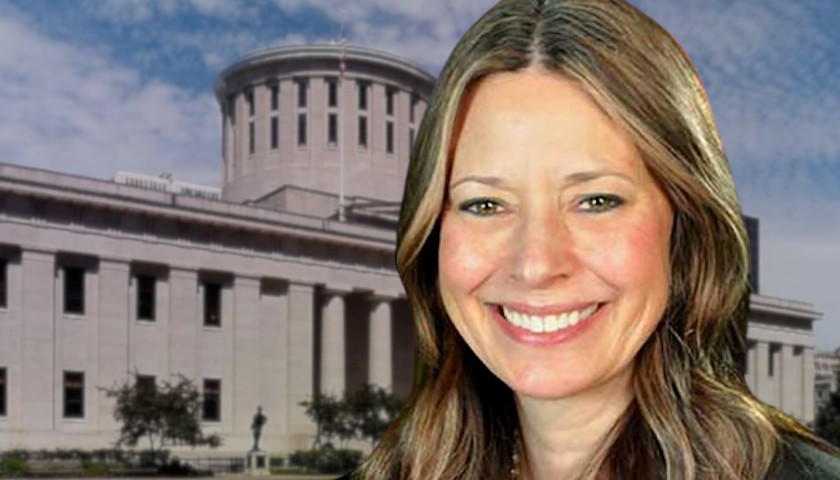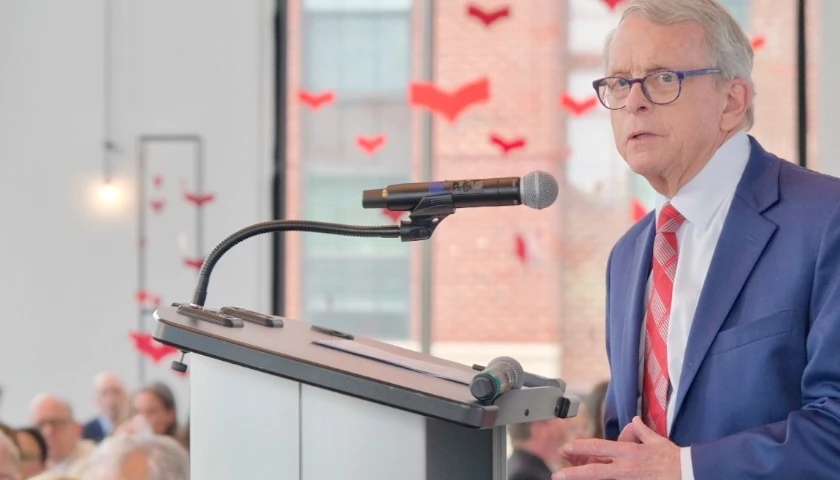COLUMBUS, Ohio – Tuesday was the one-year anniversary of Executive Order 2020-01D, the state of emergency “to protect the well-being of the citizens of Ohio from the dangerous effects of COVID-19.”
During a briefing that same day in 2020, Ohio Governor Mike DeWine announced the emergency as a tool to allow the State of Ohio to purchase health-related items.
The short video excerpt below shows DeWine saying:
I just signed a state of emergency. Again, this really allows us to do some things that we could not do without a state of emergency. For example: it would allow us to purchase items, health related items, without a bid.
Let me just be quite candid: I would not read too much into the state of emergency. It enables us to do a few things in government that we couldn’t have done. It makes it easier for us to procure medical supplies, for example, and not have to go through the normal state bidding process.
I wouldn’t read too much into that – listening to what Dr. Acton said is probably more important than hyping the state of emergency. It is a legal necessity that we have to go through if we are going to be able to get these products, quickly.
One year later Ohio is still under a state of emergency and COVID-related orders and rules that apply to schools, nursing homes, sports, entertainment, businesses, vaccinations, and social interactions, to name a few.
Despite his insistence the enactment of the emergency was a “legal necessity” in order to procure medical equipment and supplies at the beginning of the pandemic, DeWine has vehemently criticized debate and legislation attempting to provide a scope of power and duration to public health emergencies and health-related orders that are without an end date. In a press briefing in November, he called one bill that would have required lawmakers involved in decision making a “disaster.”
DeWine vetoed Senate Bill 55 which would have removed the criminal element from penalties and lowered fines for health order violations.
“In the midst of this pandemic, now is not the time to change tactics and impede local health officials’ ability to protect all Ohioans,” the governor wrote in his objection to the bill. “Our collective goals are always to ensure the safety of the public, guard against the health care system from being overwhelmed, and allowing all Ohio workers and businesses to do what they do best, which is grow our economy.”
DeWine also vetoed Senate Bill 311 which would have re-engaged the legislature in the decision-making process during emergencies. “[I]t is not in the best interest of protecting the health and safety of all Ohioans,” DeWine wrote in his veto message.
The Governor has also signaled he would veto bills currently in committee in the General Assembly – House Bill 90 and Senate Bill 22. These proposed laws aim to provide legislative oversight of the unchecked power the Governor and administrative agencies have wielded over the past 365 days.
– – –
Jack Windsor is the Statehouse Reporter at The Ohio Star. Windsor is also an independent investigative reporter. Follow Jack on Twitter. Email tips to [email protected].





